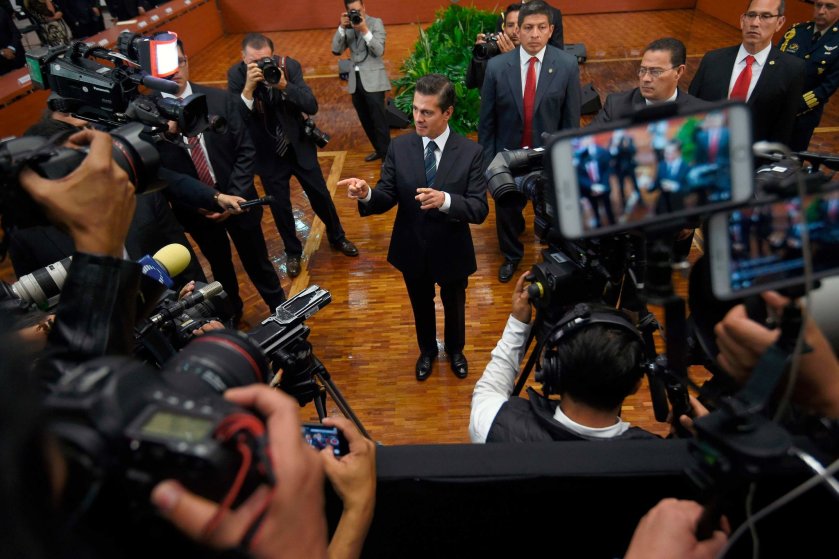Hey, Igniters.
Today we’re gonna talk about privacy in the information age and should you or should you not worry about it. Although humans are naturally social beings, we, like almost every other creature in existence, need autonomy just as much as we need a social life. “Privacy is an important element in the autonomy of the individual. Much of what makes us human comes from our interactions with others within a private sphere where we assume no one is observing. Privacy thus relates to what we say, what we do, and perhaps even what we feel” (MacMenemy 2016).
Now let’s get to the meat of the article and stop beating around the bush. Do advancements in technology threaten privacy in general? The short answer is yes, yes it does. Data automation (the use of automatic processes, equipment, or systems for the purpose of collecting, processing, and storing data) paves a way to collect and store data efficiently. In fact, it is the most efficient way of storing data yet. Granted, its only competition is writing all the data by hand and that’s hardly efficient. However, privacy incursion through hacking and data harvesting are problems that data automation has yet to (or even will never) sort out.

One example is how the government of Mexico spied on human rights defenders, journalists, and anti-corruption activists with the “Pegasus” software. Another good example is how private documents of celebrities were leaked en masse into the internet for everyone to see. These incursions could’ve been made much harder if the victims were more aware of data security. A good password, for example, goes a long way to fortify your data’s security and would have prevented those celebrities from getting their documents leaked.
The fact is, data automation has made it easier for the government to spy on you and hacking, and no matter what you do, there’s no way you will ever keep your data 100% safe from data harvesting besides destroying the data itself. This, however, doesn’t mean that you shouldn’t rely on technology for everyday use and storing data. Think about it like this. If you didn’t use modern technology for communications at all and we’re still using letters, and kept every document like pictures physically in your drawer, a motivated burglar could still rob the post office and find your letters or break into your house to steal those pictures. Hackers that find and steal your data are simply the digital equivalent of those thieves.
So what CAN you do to prevent your data falling to the wrong hands? The same way you prevent your other things from being stolen; setting up defenses. Using a strong password (generally, at least 12 characters long, includes symbols, numbers, capital letters and lowercase letters) is like putting up a high-end expensive lock on your door. You should also have a backup email so as to verify who you are and deactivate your accounts in case you do get hacked. These things can and will deter most people from trying to put their dirty hands on your precious data. There’s nothing you can do to prevent your data being taken or getting spied on by, let’s say, the government, though. Just like there’s little you can do to prevent the government from breaking into your house if they want to.
Also, think extra careful when it comes to posting information on the internet and social media. Be sure to keep the personal information that can potentially endanger you off the internet, and once again prepare a backup email to verify who you are in case somebody tries to steal your identity, like phishing scams.
Bottom line is that technology makes most things easier. Unfortunately, stealing documents and data are two of those things. All we can do is try our best to secure our data and privacy as much as we can. (Editorial Marketing/Kyo)
Source:
Rengel,Alexandra. 2013. Privacy in the 21st Century.Miami:Martinus Nijhoff Publishers.
https://www.ifla.org/files/assets/faife/ochr_privacy_ifla.pdf
https://www.nytimes.com/2017/06/19/world/americas/mexico-spyware-anticrime.html